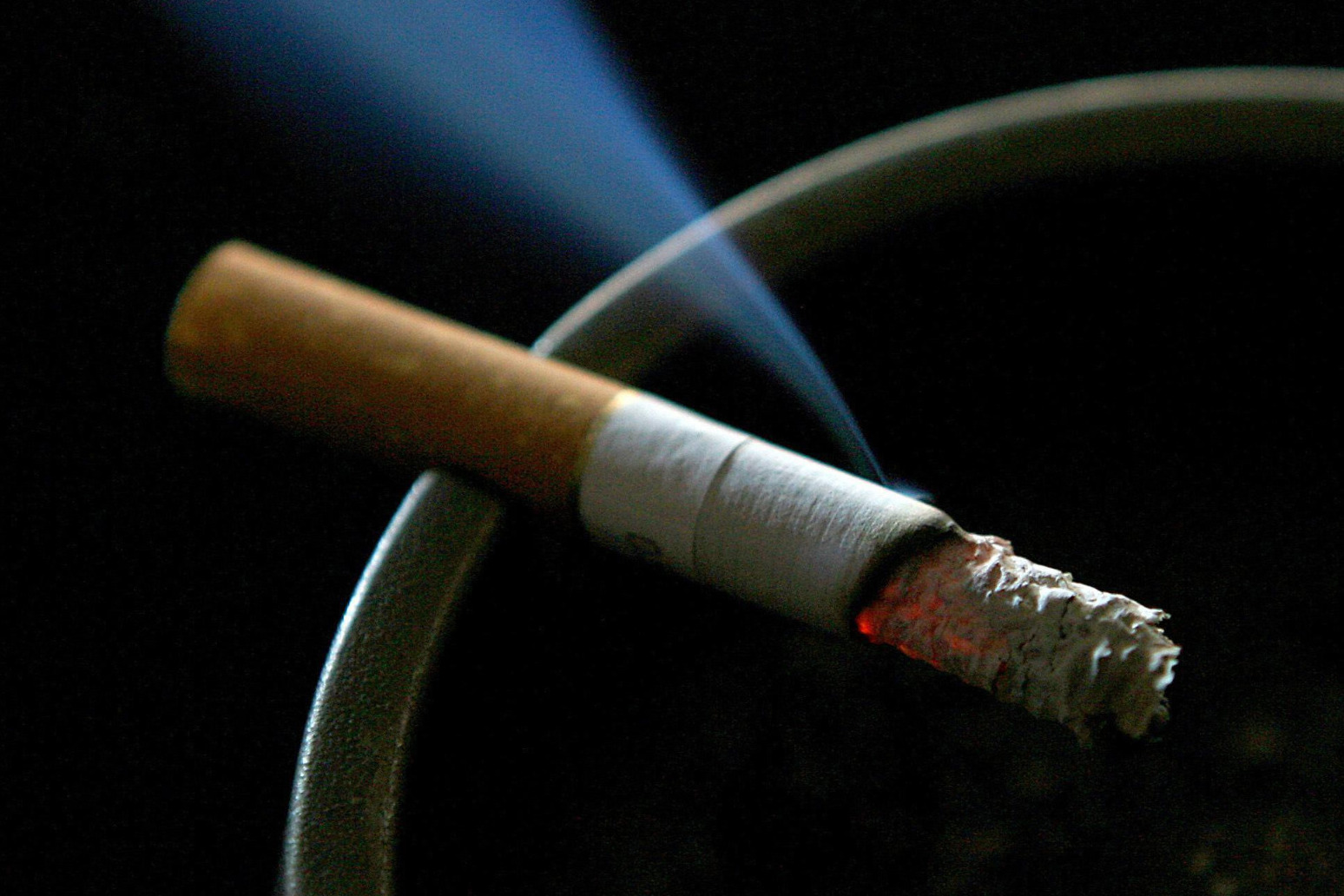-
 play_arrow
play_arrow
Kl 1 Radio Local radio for west Norfolk
-
 play_arrow
play_arrow
KL DISCO KL Disco Playing Disco Music from the 70's onwards.24/7
-
 play_arrow
play_arrow
KL COUNTRY KL COUNTRY Playing New and Classic Country Music 24/7
-
 play_arrow
play_arrow
KL ROX KL ROX The best of New and Classic Rock.24/7
-
 play_arrow
play_arrow
KL SUMMER Summer Vibes 24/7 from KL1 Radio across West Norfolk
-
 play_arrow
play_arrow
KL CLASSICAL Your Symphony Starts Here
-
 play_arrow
play_arrow
KL CHILL Just Chill!
-
 play_arrow
play_arrow
KL POP The Best POP Hits all day Long!
-
 play_arrow
play_arrow
KL XTRA KL XTRA
music_note

That’s according to experts from University College London
There has been a rise in the proportion of middle and upper-class women under the age of 45 smoking, a study suggests.
While smoking rates have fallen among working-class women in England, they appear to have jumped in more advantaged groups.
Furthermore, vaping among all women aged 18 to 45 has more than tripled in a decade, rising from 5.1% to 19.7% between 2013 and 2023, researchers found.
Experts from University College London (UCL) examined data from October 2013 to October 2023 for 197,266 adults aged 18 and over, of whom 44,052 were women of reproductive age (18 to 45).
The data was drawn from the Smoking Toolkit Study, an ongoing monthly survey of a nationally representative sample of adults in England.
Experts discovered that smoking prevalence among working-class women and those in lower socioeconomic groups aged 18 to 45 fell from 28.7% to 22.4% across the decade.
These women lived in households whose highest earners were in manual, semi- or unskilled jobs, or who were unemployed (known as C2DE).
In contrast, smoking prevalence rose from 11.7% to 14.9% among women aged 18 to 45 classed as more advantaged, where the highest household earners were in professional, managerial or clerical jobs (ABC1).
The same was not true for men in all classes, with their rates staying stable across the decade.
The study was funded by Cancer Research UK and published in BMC Medicine.
Lead author Dr Sarah Jackson, of UCL’s institute of epidemiology and health care, said: “It is concerning to find an apparent increase in smoking among women under 45 from more advantaged social groups in England. We did not see this in all adults or in men of the same age.
“These findings suggest this group may benefit from targeted intervention to prevent the uptake of smoking or relapse.
“Reducing smoking is especially important among women in this age group as smoking reduces fertility and increases the chances of complications during pregnancy, miscarriage and poor infant health.”
The study also found that the proportion of female smokers aged 18 to 45 who said they mainly or exclusively smoked hand-rolled cigarettes increased from 40.5% to 61.4% across the decade.
The researchers said the cost-of-living crisis may have affected more disadvantaged women’s finances and, therefore, their desire to smoke. It may also have led to a switch to cheaper hand-rolled tobacco.
They said the Covid pandemic “exacerbated gender inequalities, with women experiencing higher rates of job loss”, while job sectors where women are more likely to work have also been affected, such as through teaching and nursing pay freezes lowering disposable income.
The team wrote: “These financial pressures probably contributed to the reduction in smoking prevalence among women from less advantaged social grades and encouraged those who did not stop to switch to hand-rolled products as a way to afford to continue to smoke.”
Senior author, Dr Sharon Cox, said: “The reasons for the possible increase in smoking among more advantaged women under 45 are unclear.
“However, it may be that financial pressures of smoking were less influential for this group.
“Some may also have moved to cheaper hand-rolled cigarettes – a trend that was most pronounced among less advantaged female smokers, 68% of whom rolled their own cigarettes by 2023.”
The team said further research is needed into whether the smoking increase among more advantaged women relates to those who have never smoked or is former smokers taking up the habit again.
It comes as a new report from the Royal College of Physicians (RCP) calls for tighter curbs on youth vaping.
The study said the promotion of e-cigarettes on social media must be restricted, e-cigarettes must be made less affordable for young people and vapes would be less appealing in plain packaging.
On Tuesday, MPs backed Prime Minister Rishi Sunak’s plan to ban anyone born after 2009 from buying cigarettes, despite opposition from some Tory MPs.
The Tobacco and Vapes Bill passed by 383 votes to 67.
A Department of Health and Social Care spokesman said: “The health advice is clear – nobody should start smoking. This is why we are taking bold action to create the world’s first smokefree generation, with MPs voting the Tobacco and Vapes Bill through to committee stage.
“We have also doubled funding for stop smoking services to nearly £140 million a year, helping 360,000 people to quit with affordable and easy access support, including our Swap to Stop programme.”
Published: by Radio NewsHub

Similar posts
Upcoming shows

Weekend Back Trax
6:00 am - 8:00 am

Kelvin Scott – Weekend Breakfast
8:00 am - 11:00 am

Tom Green – Classic Hit Lunchtime
11:00 am - 1:00 pm

Darren Furzey – Classic Hit Weekend
1:00 pm - 3:00 pm

Lee Vincent – Classic Hit Saturday
3:00 pm - 6:00 pm
-

Linnets announce retained list

Relaxing lottery rules in NI would hand charities multimillion funding boost

Henry Pollock vows to be himself as Lions pick sparks comparison to Luke Littler

Teacher given 12 year jail term for brutal and frenzied knife attack

Hard work pays off as new partner is appointed at law firm
Message Us
Copyright The Mediasite UK - 2025



